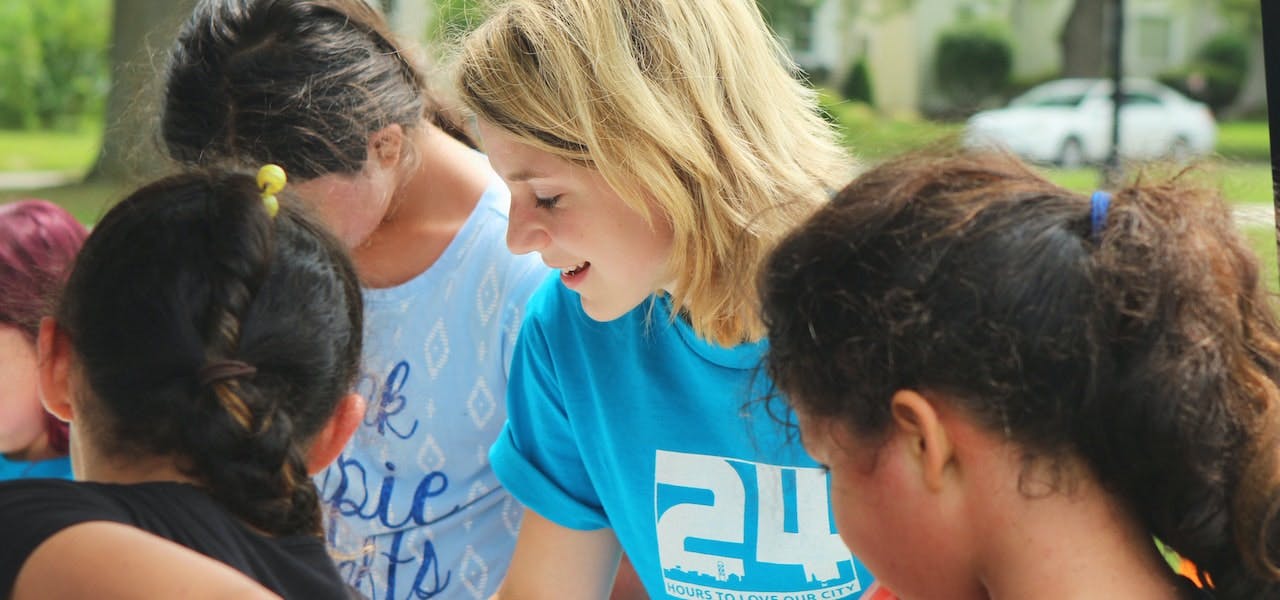In today’s job market, candidates need all of the experience they can get. No matter the sector, competition and the number of applicants has increased, and having a good resume means a lot with professional services like LinkedIn factored into the equation. Recruiters are more likely today than ever before to check a hard copy of your CV, and then check your LinkedIn profile to back what they’ve got. That’s why sometimes, for candidates, or young professionals in a job industry, getting volunteer experience is the perfect way to complement your skillset and gain valuable research experience in a respective field.
But volunteerism, or sometimes termed “voluntourism” for those in the humanities, can oftentimes be a double edged sword. On the one hand, young professionals need to be careful what volunteer opportunities they sign up for, as their may be hidden costs and liabilities that are not talked about upfront. On the other hand, volunteer opportunities and on-the-ground training can expose professionals just starting off on their career to research interests and passion projects they never imagined they would be working on. The key is really finding a volunteer opportunity that minimizes risk while also catering to an individuals skilling or re-skilling.
Duration, Logistics, and Impact
The humanities is a sector in particular that has a range of volunteering possibilities for young professionals looking to get their feet wet. From building schools in rural communities to repairing wells to working with displaced children—the list goes on. Some of these volunteer opportunities, which are disguised as “internships” require candidates to pay upfront to do the kinds of research they want to embark on.
This money-making scheme for the organization does two things:
1. It ensures that the profit making model of the volunteer organization can survive and pay staff who set up the volunteering.
2. It advertises the volunteering opportunities as ones that give candidates the valuable research skills they need, so they are tempted to pay. Students and young people need opportunities, and some see volunteering as a resume booster that is worth the upfront costs.
There is an inherent problem with volunteerships though, because they expose participants to research interests for a very short period of time; not nearly the amount of time needed for long term research and quantitative assessments to take place. This is done on purpose so the next round of volunteers can pay and keep the profit cycle alive. On average, volunteer opportunities do not last for longer than three months. Real impact is created over years, not months.
A cycle of resume building
Volunteering in this way promotes Westerners to go abroad and volunteer for a limited amount of time, collect the skills they need, while affording the costs, and return home back to their country to sharpen up their resume about the research they conducted. While not every volunteer has the motive of simply resume building, it is a nice perk. The importance of volunteering should really stress processes, methods, data collection, and new ways of thinking about problem—in a sense innovation.
One problem with this cycle is that volunteer coordinators experience burnout and fatigue dealing with new rounds of volunteers all the time. This means that program quality tends to go down, and the unfortunate side effect is that young volunteers need to make the most of the experience with their own wit and insights.
Overall, volunteerism can expose participants to new places and new cultures, and trigger ideas and concepts about how our world is functioning, from economic, to political, to social processes, that spur research interests later in life. But logistically and plausibly, the actual volunteer opportunity is not like working in a lab or being part of a research team. It is more like paying for an experience, an exchange of sorts.
